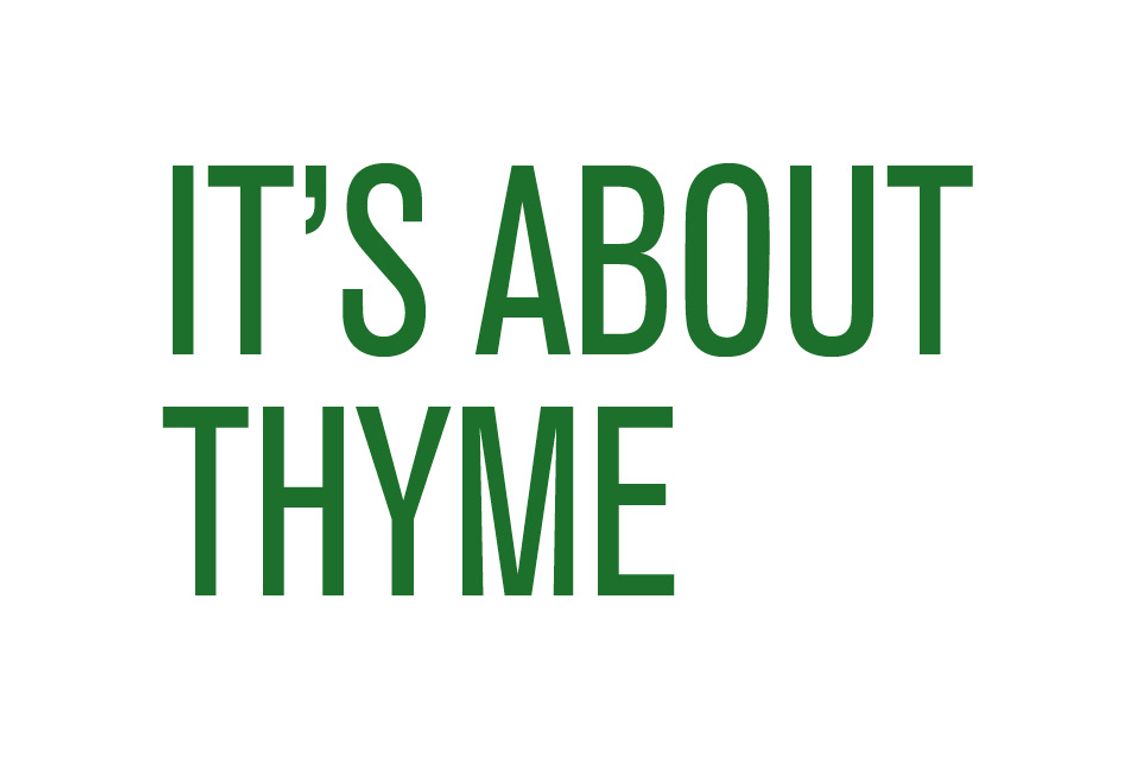By Tim Miller
As we head into a 2018 which will probably bring us the usual extremes in temperatures and conditions, it seems that this should be a time for us all to modify and tweak our gardening techniques to meet this challenge. One method I have found that works very effectively on my farm is called trench composting.
It has a fairly simple set-up, takes most of the work out of composting, and could help to create bountiful crops in all of the organic vegetable patches in Hays County. The only tool that you need is a shovel.
The hardest part is the digging of the trench, which can range from 3 feet to 6 inches deep. The depth which you dig will depend on the depth of your soil, and your physical energy.
Dig down what you can remove with ease. Then soak the trench and come back two days later and proceed to remove the soil to the depth that you want. The trench only needs to be one shovel blade wide for community garden sites.
After digging and throwing the soil onto the adjacent bed you can now start filling in your trench with whatever material you have available. Putting corn and okra stalks on the bottom, then a foot layer of grass clippings will ensure the stalks of heating up.
Additional materials could be leaves, hay, woodchips and other garden debris. Fill the trench up to the top of the bed before you start digging your bed. If you start digging the bed before the trench is filled the sides will collapse.
After filling it in, treat the trench as a pathway to walk on, and in 6 months the materials will have decomposed. All it takes then is a simple shoveling of the compost onto the planting bed, then filling in the trench before incorporating the compost into your bed.
This method is a time-saver if used correctly. Even with a cold front passing by, you can loosen up the trench with a tiller or digging fork, then cover your whole garden with row cover and you’ll save your crops from freezing. The heat will permeate up from the trench but will be trapped by the row cover.
Happy gardening everyone!
Certified Organic Millberg Farm in Kyle is operated by Tim Miller. If you have a gardening question, send it to Chris Winslow via email: [email protected].











